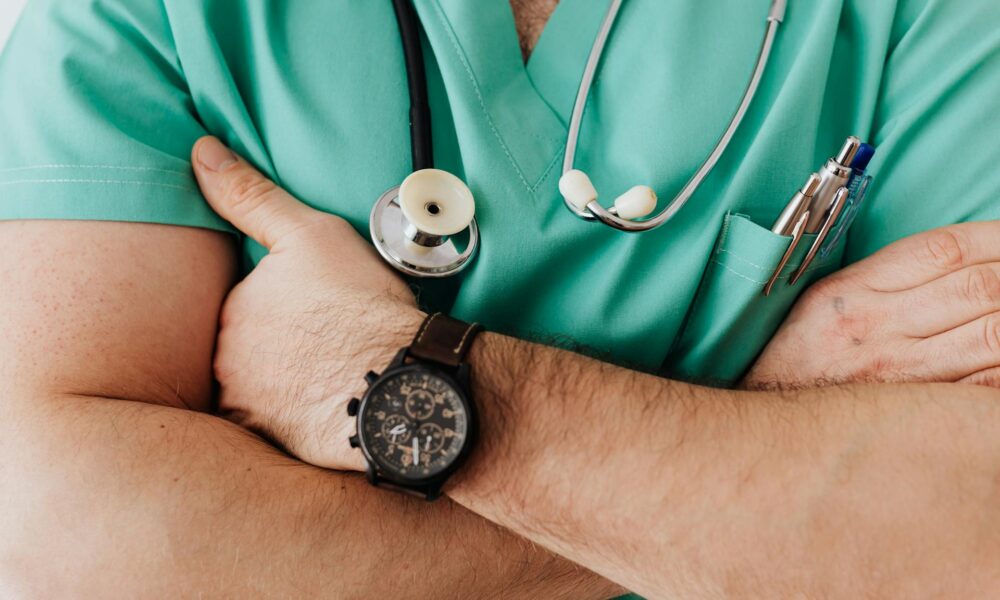This page provides public health information and resources for Central Oregon seniors and caregivers. Scroll down for the latest information on COVID-19.
The Council on Aging works in tandem with county health departments on health initiatives in Central Oregon. We will update the community on local health issues as they arise on this webpage as well as our Facebook page.
For more information, please contact your county’s public health officials or visit their websites.
Crook County Health Department
Visit https://co.crook.or.us/health for more information.
Public Health emergency number:
Crook County Public Health’s contact number for reporting public health emergencies 24 hours a day, seven days a week, is 541-447-5165. After hours press 5.
Address
375 NW Beaver St, Ste. 100
Prineville, OR 97754
Office Hours
Monday-Friday
8:00am-5:00pm
Phone: (541) 447-5165
Fax: (541) 447-3093
Email: ContactCCHD@co.crook.or.us
Deschutes County Public Health
To report a Public Health concern, please click here: https://www.deschutes.org/health/page/report-public-health-concern
Visit https://www.deschutes.org/health/page/public-health for more information.
Contact:
| Program Area | Phone |
| General Public Health Info | (541) 322-7400 |
| Reproductive Health/STD Clinic | (541) 322-7499 |
| Reproductive Health/STD Clinic Spanish | (541) 322-7406 |
| Environmental Health | (541) 317-3114 |
| WIC | (541) 322-7435 |
| Communicable Disease | (541) 322-7418 |
Jefferson County Public Health
Visit https://www.jeffco.net/publichealth for more information.
Office Hours
Monday – Friday
8:00 a.m. – 5:00 p.m.
Address
500 NE A Street
Suite 102
Madras, Oregon 97741
Phone: (541) 475-4456
Fax: (541) 475-0132
Email: info@PublicHealth.JeffCo.net
After Hours Emergency: 911
After Hours Non-Emergency: (541) 475-2201
COVID-19
The Centers for Disease Control & Prevention (CDC) recommends the 2023–2024 updated COVID-19 vaccines: Pfizer-BioNTech, Moderna/Spikevax, or Novavax, to protect against serious illness from COVID-19.
People aged 12 years and older who are unvaccinated should get either:
- 1 updated Pfizer-BioNTech or updated Moderna/Spikevax COVID-19 vaccine, OR
- 2 doses of updated Novavax COVID-19 vaccine.
People aged 12 years and older who got COVID-19 vaccines before September 12, 2023, should get 1 updated Pfizer-BioNTech, Moderna/Spikevax, or Novavax COVID-19 vaccine.
People aged 65 years and older who received 1 dose of any updated 2023-2024 COVID-19 vaccine (Pfizer-BioNTech, Moderna/Spikevax or Novavax) should receive 1 additional dose of an updated COVID-19 vaccine at least 4 months after the previous updated dose.
If you are looking for COVID-19 vaccination at retail pharmacies and/or local healthcare provider clinics, visit www.vaccines.gov to search for locations.
To learn more about staying up to date with COVID-19 vaccines, visit the CDC’s website or call the Deschutes County Health Services COVID-19 Hotline at (541) 699-5109 Monday-Friday from 8:00 a.m. to 3:00 p.m.
Stay Informed
Get the latest local information on COVID-19 from the Deschutes County website.
- Oregon Health Authority Coronavirus Updates
- Oregon Health Authority Coronavirus Updates: Spanish
- Centers for Disease Control (CDC) and Prevention Coronavirus information
- Flu and COVID-19 – How To Tell The Difference
- Prepare for your care – packing your hospital go bag and advanced directives
- Deschutes County COVID-19 hotline: 541-699-5109. Monday-Friday 8am – 5pm. After hours, please leave a voicemail and they will return your call.
- Pfizer-Biontech Vaccine Fact Sheet
- Moderna/Spikevax Vaccine Fact Sheet
- Novavax Vaccine Fact Sheet
- How the vaccines were developed
Vaccination and Testing
- Deschutes County
- Crook County
- Jefferson County
- Find a pharmacy: www.vaccines.gov
- Find local test locations at www.deschutes.org/covid19testing.
- The U.S. government will continue to make COVID-19 tests available to uninsured individuals and underserved communities through existing outreach programs. Please contact a HRSA-funded health center or Increasing Community Access to Testing (ICATT) location near you to learn how to access low- or no-cost COVID-19 tests provided by the federal government.
Need a Ride?
If you need a ride, call the COVID-19 hotline at (541) 699-5109 and staff will assist you in scheduling a paid ride.
- Medical transportation: For PacificSource OHP, call LogistiCare: 855-397-3619. Please allow 48-hours notice to arrange a ride.
- Sisters to Redmond: STARS 541-904-5545 or email stars4ride@gmail.com.
- Dial-A-Ride: Cascade East Transit 541-385-8680. Please call at least 24 hours in advance of appointment and ask for a separate return trip.
Other Information:
Vaccine Assistance Line
The vaccine assistance line was established to serve Oregonians who qualify for in-home services and supports, specifically those currently served by Oregon Project Independence (OPI) or Medicaid-funded long-term services and supports. To reach the vaccine assistance line, Oregonians may call 1-800-232-0233 (TTY 1-888-720-7489) or send an email to Vaccine.Assistance@dhsoha.state.or.us. Help is available in many languages.
Disability Information and Access Line (DIAL)
The Disability Information and Access Line (DIAL) is available to help people with disabilities get vaccinated. Call 888-677-1199 Monday-Friday from 9 a.m. to 8 p.m. (Eastern) – or – email DIAL@n4a.org.


